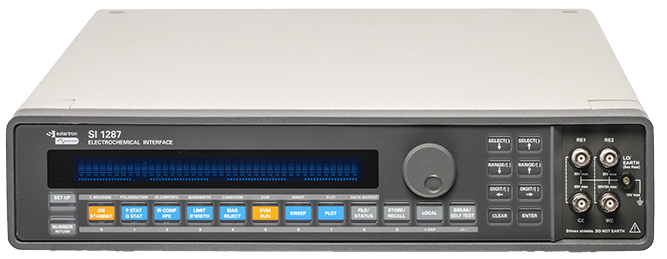We are equipped with a wide variety of potentiostats, autoclaves, and corrosion cells. We also have access to some of the most modern analytical facilities for morphological, solution, and surface analyses.
We specialize in high-temperature and high-pressure corrosion and electrochemistry so we have custom facilities for these applications.
For more information on our equipment send an inquiry on our contact form.
Specialized Equipment
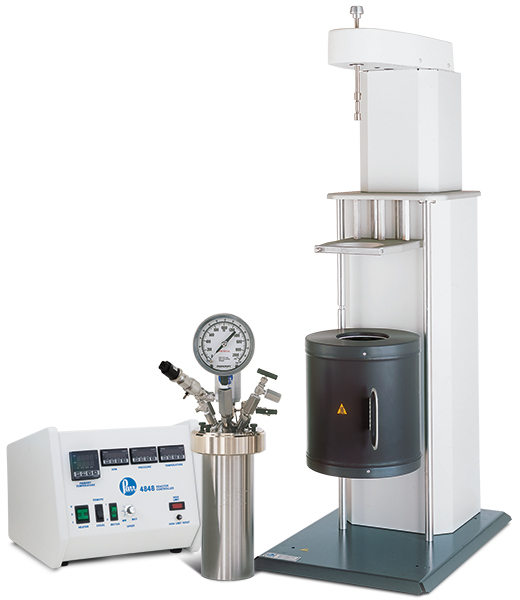
Autoclave
Our lab is equipped with four autoclaves (600 mL to 2L) that can simulate high-pressure and high-temperature (HPHT) environments found in hydrometallurgy, nuclear, geothermal, and carbon capture applications. Our autoclaves are capable of performing immersion/mass loss and electrochemical experiments in stirred or quiescent environments up to 500°C/30,000 kPa. Our autoclaves are constructed from alloy 625, stainless steel, titanium (ASTM grades 2 and 5), and glass and they can be lined with PTFE or glass. We also have 10 PTFE-lined vessels for static immersion testing at vapour pressure up to 250°C.
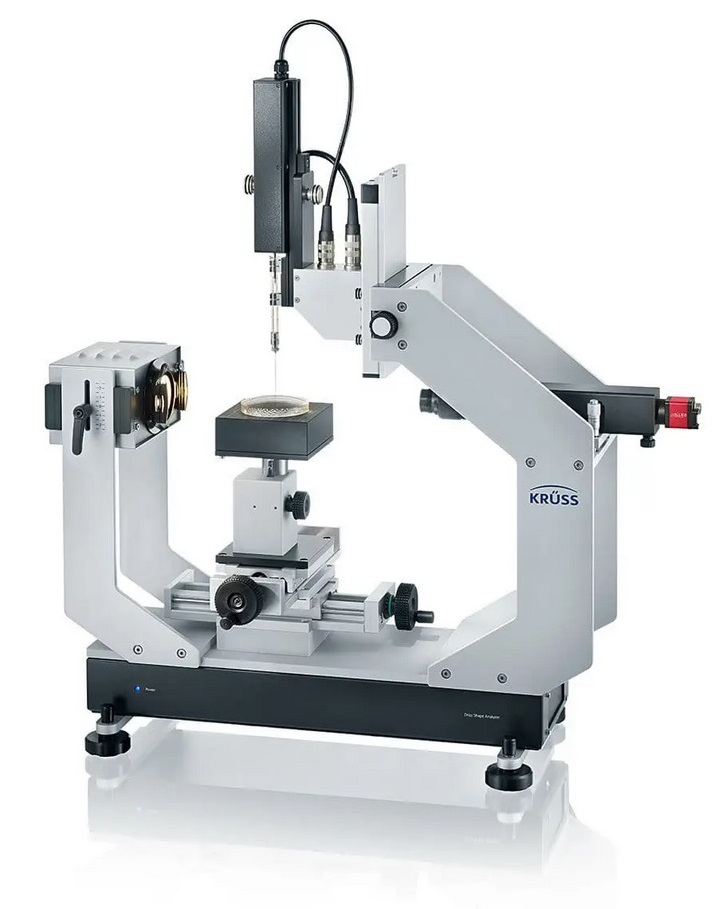
Krüss DSA30 Goniometer
The Krüss DSA30 goniometer is excellent at determining static and dynamic (including advancing and receding) contact angles and is also equipped to determine the surface tension of various solutions using the pendant drop method. The system is semi-automated, dispensing precise volumes of droplets from constant, user-determined heights above the testing surface. The contact angles of the droplets can be obtained using tangent, elliptical, young Laplace, and circle modes, with the feature to process the same data multiple times using different approaches for determining contact angles. From drop tests using two or more probe liquids, the surface free energy of a material can be obtained using the OWRK method built into the software. Another advantage of this instrument is that it has three dispensing units, which makes it easier for the user to test multiple liquids on the same surface in a single run.
Environmental chamber
Our accelerated weathering chamber can regulate temperature and humidity conditions as well as light exposures. Designed originally for exposure testing, this unit is programmed to regulate test conditions between two alternative modes. An example for the operational modes is:
- four hours dry cycle with UV light at 60°C, followed by
- four hours condensation cycle at 50°C and 65% RH
The above test conditions have been defined based on ASTM D5894 – “Exposures in a Fog/Dry Cabinet and a UV/Condensation Cabinet”. However, according to their specific test requirements, users can modify/upload new test parameters to the controller board of the chamber.
Permeation cells
We designed and built permeation cells for mass transport through free-standing film materials according to pressure-driven membrane processes. For tests on gaseous species, we employ carrier gas methods in the downstream compartment and use gases and vapours (separate or in combination) in the feed stream. Characterization of transport and relative degradation mechanisms such as plasticization of polymers are studied using these apparatuses. These cells are currently used for analysis of CO2 and hydrogen gas transport through epoxy-based coating materials. In addition, we apply reverse osmosis processes for studying transport of dissolved particles within a feed stream, including monovalent ions in polymeric membranes.
Salt spray corrosion cabinet
We use a 200-liter salt spray chamber (CSA-approved) for accelerated corrosion testing. This chamber can cover a wide range of corrosion tests including conventional salt spray, cyclic prohesion, CASS, and combination salt spray/prohesion-humidity.
Standards and Accreditation:
- British/ISO/EN Standards: BS.EN.ISO 7253, BS 3900 F12, BS 3900 F4, BS 2011 Part2:1 ka, BS EN 60068.2-52 kb, BS 5466, BS 7479, BS 3900 F18, ISO 20340, ISO 11 997, ISO 9227, ISO 3768.
- German Standards: DIN 50.021, VG 95332/4, VG 95210/2
- American Standards: ASTM B117, ASTM D5894, ASTM G85 (1,2,3+5), ASTM B368, SAE J2334
- French Standards: NFX 41-002, CT. UOI OIA, NFA 91-101, PNX 14-002
- Japanese Standards: JIS Z 2371, JIS H 8502, JASCO M 6009
Corporate Standards:
- Ford, Jaguar, Land Rover, G.M, Toyota, Honda, Nissan, Renault, Peugeot, Citroen, Volvo, VW, Audi, and BMW

Scanning Electrochemical Microscope (SECM)
UBC’s corrosion lab is equipped with a high-resolution Scanning Electrochemical Microscope (SECM) coupled with HEKA’s PG 340 ElPro Scan Controller and Potentiostat.
General Equipment
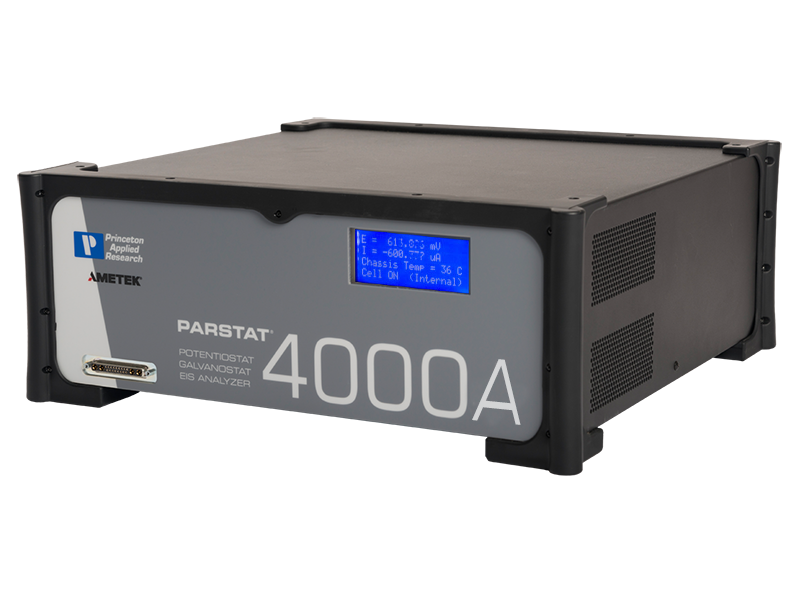
Ametek PARSTAT4000 Potentiostat/Galvanostat
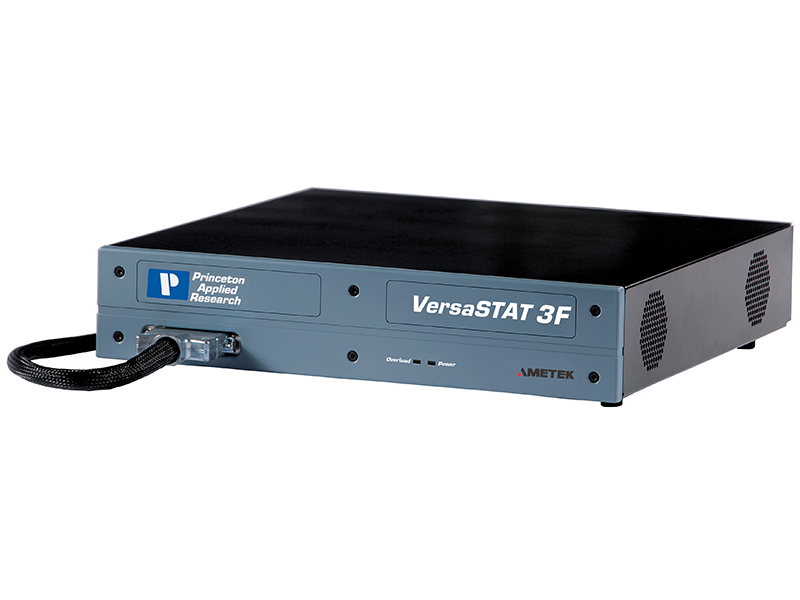
Ametek VersaSTAT 3F Potentiostat/Galvanostat
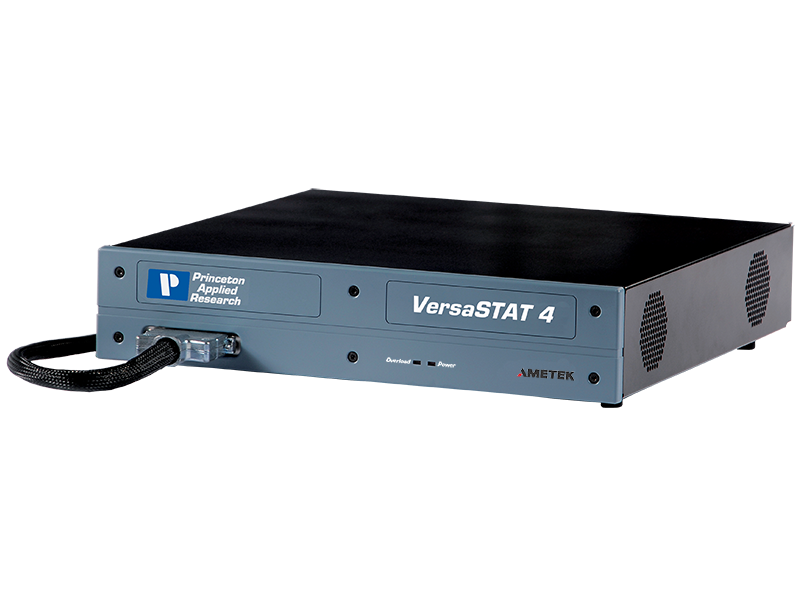
Ametek VersaSTAT 4 Potentiostat/Galvanostat
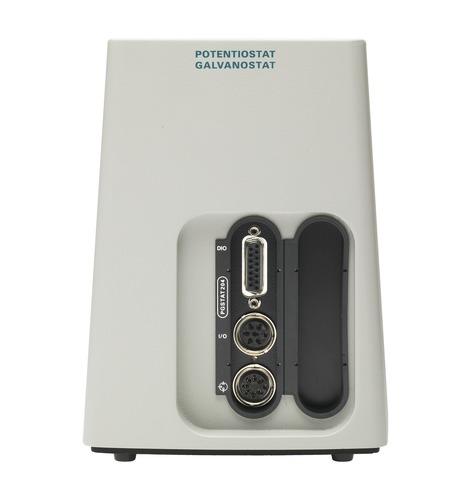
Autolab PGSTAT204
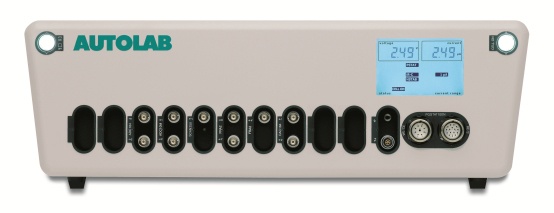
Autolab PGSTAT302
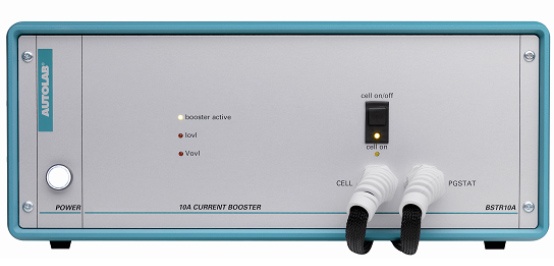
Autolab Booster10A554
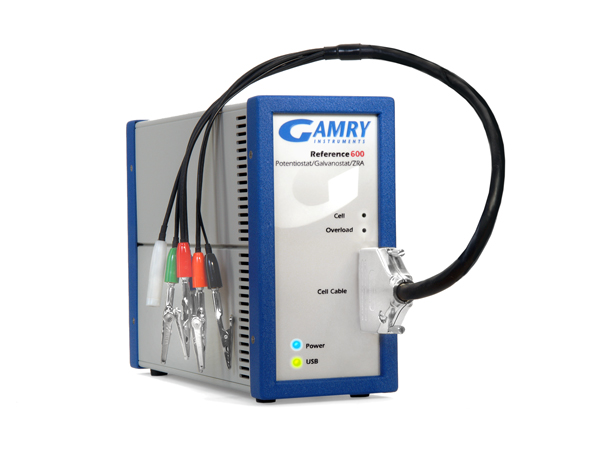
Gamry 600 Reference Potentiostat/Galvanostat
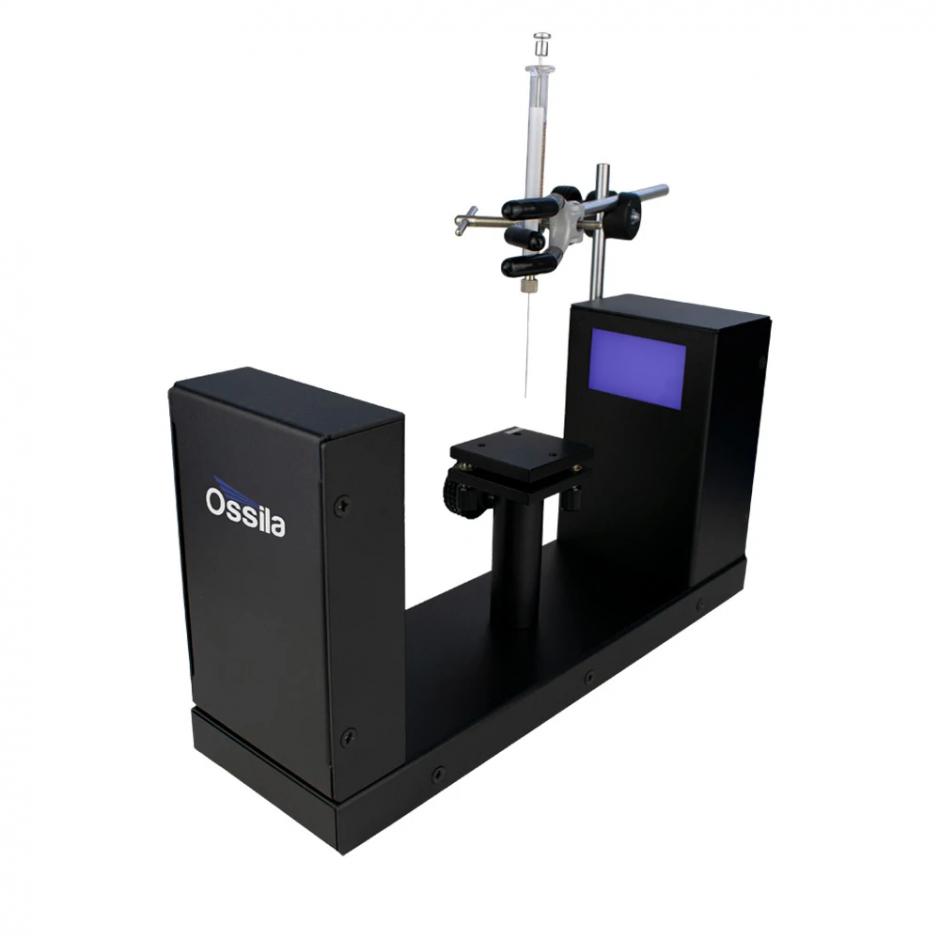
Ossila Contact Angle Goniometer
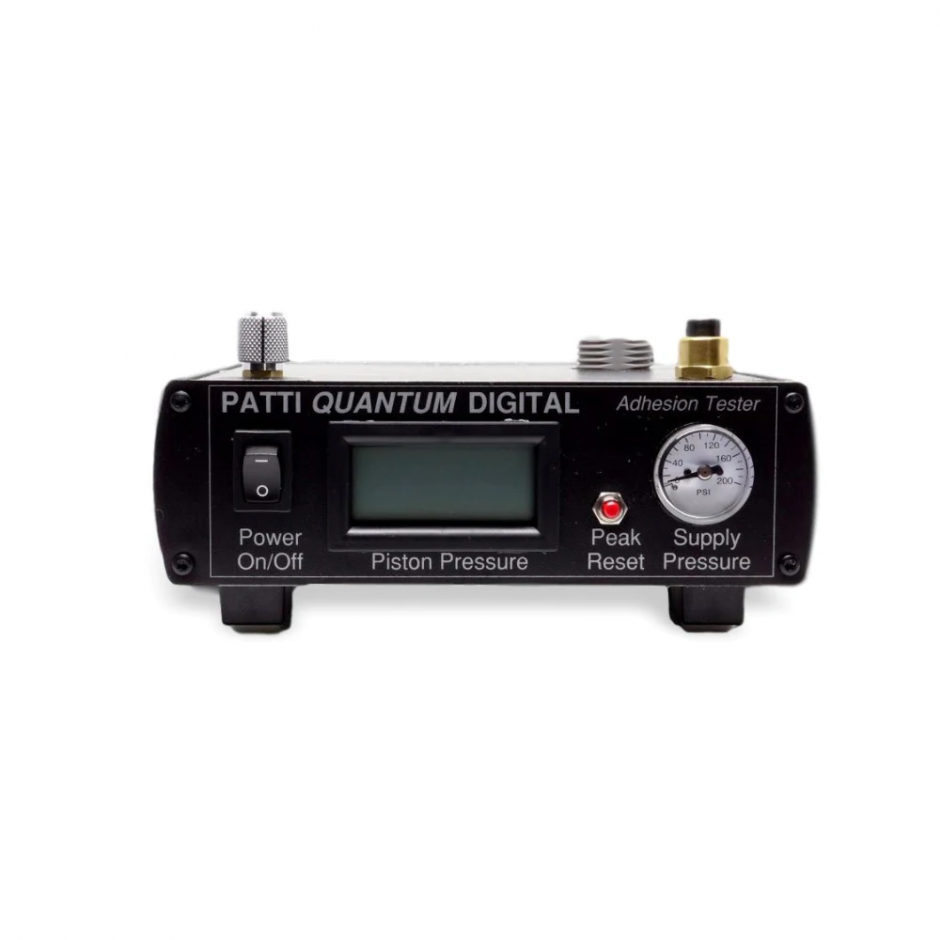
PAATTI Quantum Digital Adhesion Tester
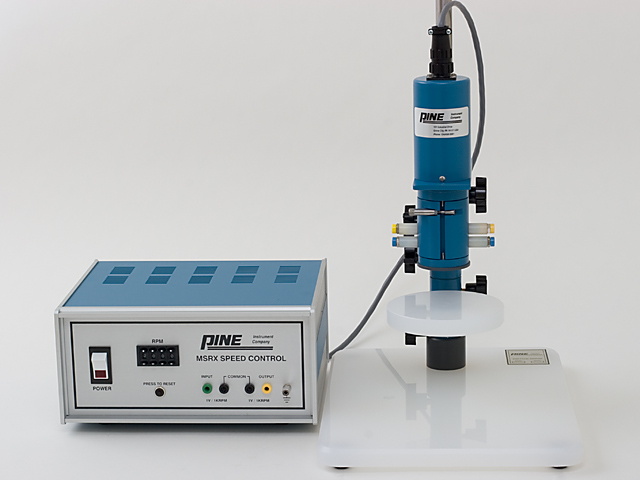
Pine Rotating disk (RDE)
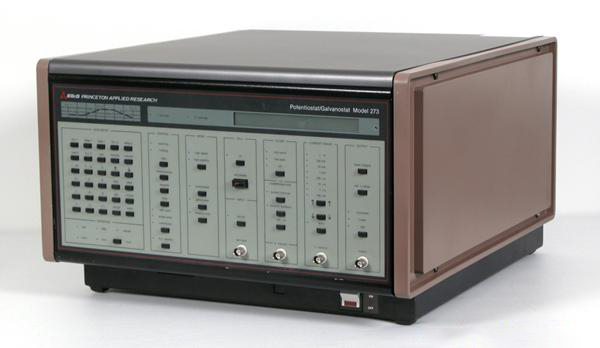
Princeton Applied Research 273A Potentiostat/Galvanostat
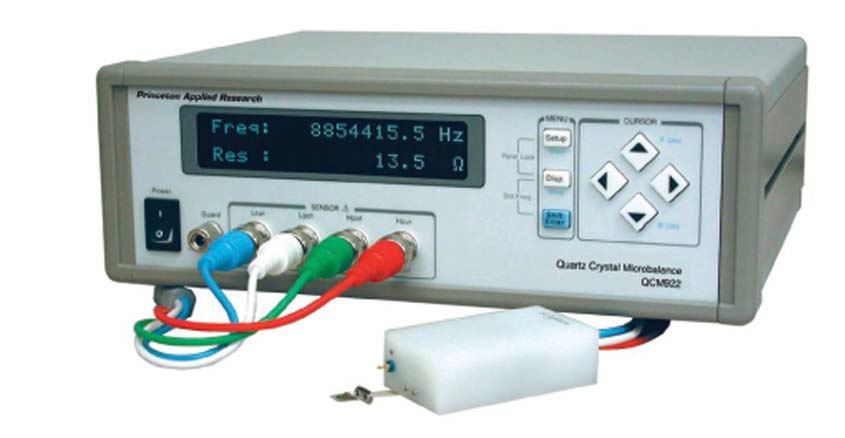
Princeton Applied Research Quartz Crystal Microbalance (QCM) M922
